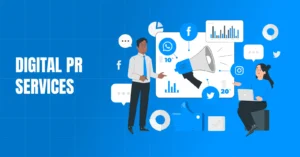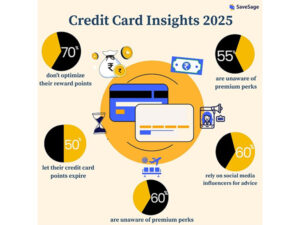Mylo Survey: 53.4 per cent of women use fertility apps, trackers or tools while trying to conceive
Gurugram (Haryana) [India], August 23: In a world where infertility affects a significant number of couples, understanding the role of fertility aids and resources in women’s conception journey has become a pressing matter. Factors such as stress, medical conditions like PCOS and hypothyroidism, and a sedentary lifestyle can all impact ovulation and fertility. With the aim of empowering women and providing them with informed choices, it is crucial to explore the effectiveness of fertility aids and resources in addressing these challenges.
Mylo – a leading full-stack pregnancy and parenting platform, recently conducted a comprehensive survey to understand the usage of fertility apps, trackers, or tools among women who are trying to conceive. The survey, which collected responses from a diverse group of 650 women aged 18 to 45, revealed that 77.7 per cent of the participants have been trying to conceive for more than 6 months, indicating a longer time in conception.
The survey findings further revealed that an astounding 53.4% of women rely on these digital resources to enhance their chances of pregnancy. Among the most common fertility aids were ovulation test kits, ovulation tracker tools and fertility capsules. Over 51% of the women had used or are using an ovulation tracker to help time their most fertile period while trying to conceive. Besides this, participants also resorted to Ayurvedic herbs like Shatavari, herbal teas like PCOS tea and fertility drugs like CoQ10 and Myo-Inositol to boost their chances of conception.
Commenting on the survey findings, Shaveta Gupta, the Head of Content & Community at Mylo, said, “In an era where the journey to conception is riddled with challenges, the profound impact of fertility apps, trackers, and tools on women’s paths to parenthood cannot be underestimated. It is heartening to see that more and more women are empowering themselves with ovulation prediction kits and trackers along with alternatives like Shatavari powder, PCOS tea and supplements.”
She further added, “Mylo hopes to pave the way to a landscape where ovulation test kits, trackers, and holistic supplements intertwine with Ayurvedic wisdom and modern science, offering a diversified arsenal against fertility challenges.”
Furthermore, the survey indicated that 56.6% of the participants have encountered challenges while trying to conceive. The most common fertility issues encountered by these women included irregular menstrual cycles, PCOS/PCOD, obesity or being overweight, endometriosis and unexplained infertility. To diagnose these fertility issues, 57.1% of the participants had undergone fertility tests and/or visited a doctor.
Despite the growing popularity of fertility aids and digital tools to aid conception, there is still a lack of awareness in the country. According to the survey insights, 89.4 per cent of the participants believe that there is still a lack of awareness among Indian couples trying to conceive. Mylo aims to bridge this gap by combining modern science with Ayurvedic wisdom and hopes to empower women and provide them with informed choices on their path to parenthood.






